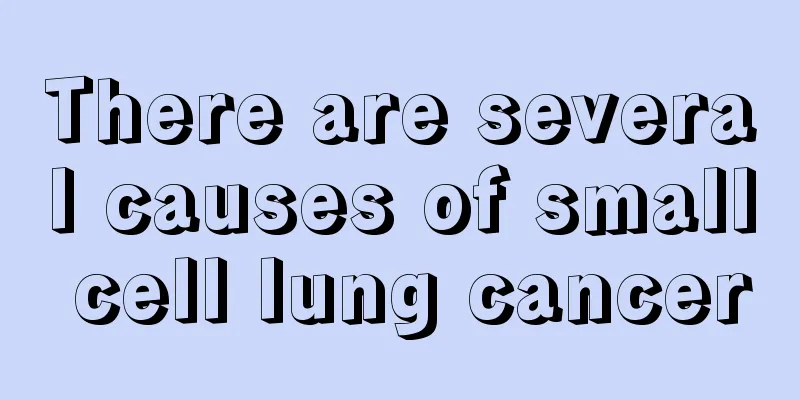Five tips to keep away sleepiness in summer

|
As the saying goes, "Spring makes you sleepy, Autumn makes you tired, and Summer makes you take naps." In summer, white-collar workers sitting in the office are very prone to dozing off and feeling mentally exhausted, which affects their work efficiency. Therefore, it is very important to learn a few tricks to deal with summer naps. Drink strong tea or coffee When feeling sleepy, white-collar workers may wish to make a cup of strong tea or coffee to refresh their minds. Moreover, you need to walk around for a while from the time you get up from your seat to the time you finish making tea or coffee, which can help relieve fatigue to a certain extent. Eat mints When you take a nap, you might want to eat a piece of mint or chew a piece of mint gum. The coolness of the mint can refresh you and help you get back to work with energy. Moreover, the chewing action keeps the mouth moving, which makes it less likely to feel sleepy. Do some exercise When you feel sleepy, you can choose to do some exercise, turn your slightly stiff neck, and move your limbs. After proper exercise, the body will feel excited, and at the same time it can clear the mind and get rid of the drowsiness. Massage acupuncture points To deal with summer naps, you can also eliminate fatigue through massage. When you feel sleepy or dizzy, you can massage the Baihui points, temples, Fengchi points, etc. to refresh yourself and relieve summer fatigue symptoms. Eat more beans and seaweed Summer naps, also known as summer fatigue, are mainly caused by the fact that the human body sweats a lot in summer, and the potassium in the body is lost with sweat and cannot be replenished in time. Beans and seaweed foods are rich in potassium. For example, the potassium content in soybeans, peas, mung beans, broad beans, and edamame is not low. In addition, some fish and seaweed are also good sources of potassium, such as kelp, laver, and yellow croaker. Nori contains 1796 mg of potassium per 100 grams; kelp contains 761 mg of potassium per 100 grams, which is 175 times the amount of sodium. |
<<: Five serious misunderstandings about eating eggs in summer
>>: What a waste! You don’t know 90% of the uses of cooling oil
Recommend
What is Cushing's syndrome
Cushing's syndrome Cushing's syndrome cau...
What are the main manifestations of macroglobulinemia
Macroglobulinemia mainly manifests itself in the ...
What is the reason for the pain in the soles of my feet when I walk?
Many friends occasionally find themselves feeling...
Endometrial cancer screening ultrasound
Endometrial cancer may be unfamiliar to many wome...
Sequelae of two-thirds gastrectomy
Nowadays, people are very busy every day and face...
What are the symptoms of perm allergy
Many women are very keen on perming and dyeing th...
How to make egg and olive oil mask
Nowadays, many people pay more attention to their...
What medicine should I take for a cold and cough with white phlegm? This is the best choice
It is normal to cough and have white sputum after...
Ingredients for marinated roast duck
Before roasting the duck, you can marinate the du...
What are the dangers of high creatinine? The most common ones are these four
Creatinine levels higher than normal also prove t...
How to treat primary gallbladder cancer
Primary gallbladder cancer is a highly invasive a...
What are the silicone-free shampoos
Silicone oil is widely used in shampoo, but simil...
What are the specific symptoms of ovarian cancer
Hello everyone, today we have prepared some knowl...
The functions and effects of the five internal organs
The human body has five internal organs and six b...
Finger joint injury while playing basketball
Playing basketball is a very good sport that can ...









